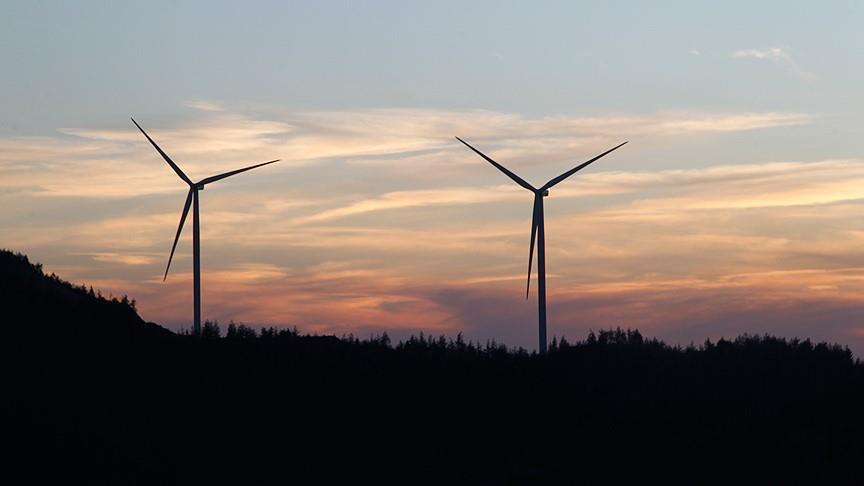The share of renewables in the EU's gross final energy consumption reached 18% in 2018, up from 17.5% in 2017, the bloc's statistical office announced on Thursday.
An increase in the share of renewables is essential to reach the EU's climate and energy goals of 20% from renewable sources by 2020 and at least 32% by 2030.
Eurostat said the share of renewable sources in gross final energy consumption increased in 21 of the 28 member states compared with 2017, while remaining stable in one member state and decreasing in six.
However, since 2004, the first year in which data became available, it has significantly grown in all member states.
-Highest share in Sweden, lowest in the Netherlands
Sweden had by far the highest share of renewables, with more than half at 54.5% in 2018. Finland followed Sweden with 41.2%, Latvia with 40.3%, Denmark with 36.1% and Austria with 33.4%, according to Eurostat's data.
At the opposite end of the scale, the lowest proportion of renewables was registered in the Netherlands with 7.4%.
Low shares of less than 10% were also recorded in Malta with 8%, Luxembourg with 9.1% and Belgium with 9.4%.
As the national targets take into account the member states' different starting points, renewable energy potential and economic performance, each state has its own Europe 2020 target.
Among the 28 EU member states, 12 member states, Bulgaria, Czechia, Denmark, Estonia, Greece, Croatia, Italy, Latvia, Lithuania, Cyprus, Finland and Sweden reached a share equal to or above their national 2020 binding targets, the report said.
The Netherlands with a 6.6 percentage point is the furthest away from its goal of 14%, Eurostat's data showed.
By Firdevs Yuksel
Anadolu Agency
energy@aa.com.tr


